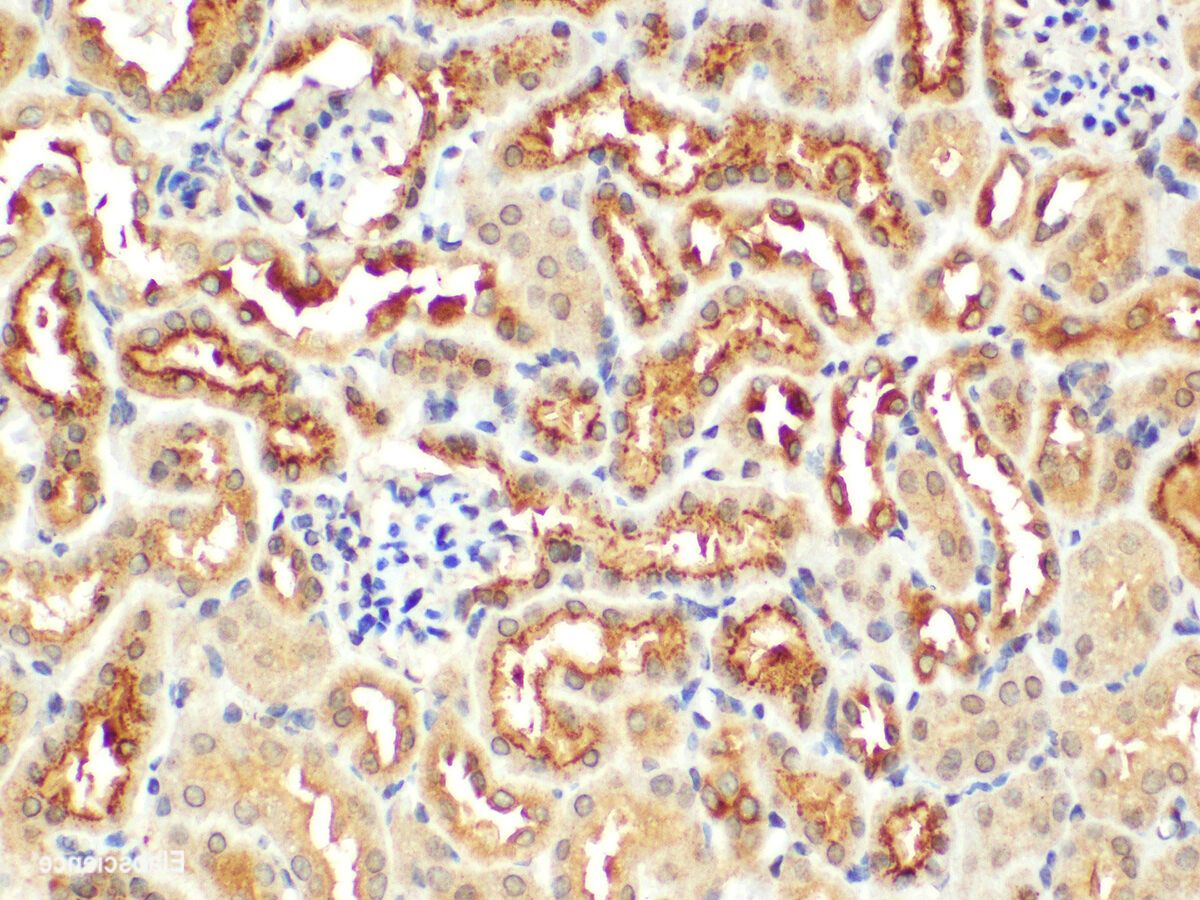
What is angiotensinogen? Angiotensinogen is a protein produced by the liver that plays a crucial role in regulating blood pressure and fluid balance. When the body needs to increase blood pressure, the kidneys release an enzyme called renin. Renin then converts angiotensinogen into angiotensin I, which is further transformed into angiotensin II. This powerful hormone causes blood vessels to constrict, leading to higher blood pressure. It also stimulates the release of aldosterone, a hormone that prompts the kidneys to retain sodium and water, further increasing blood pressure. Understanding angiotensinogen is essential for grasping how our bodies maintain stable blood pressure and fluid levels.
What is Angiotensinogen?
Angiotensinogen is a protein produced by the liver. It plays a crucial role in regulating blood pressure and fluid balance in the body. Here are some fascinating facts about this important protein.
-
Angiotensinogen is a precursor to angiotensin, a peptide hormone that causes blood vessels to constrict, leading to increased blood pressure.
-
The liver is the primary site of angiotensinogen production, but it can also be produced in other tissues like the kidneys and fat cells.
-
Angiotensinogen is part of the renin-angiotensin system (RAS), which is essential for controlling blood pressure and electrolyte balance.
-
When blood pressure drops, the kidneys release an enzyme called renin, which converts angiotensinogen into angiotensin I.
-
Angiotensin I is then converted into angiotensin II by the angiotensin-converting enzyme (ACE), primarily in the lungs.
Functions of Angiotensinogen
Angiotensinogen has several key functions in the body. Understanding these can help you appreciate its importance in maintaining health.
-
Angiotensin II, derived from angiotensinogen, stimulates the release of aldosterone from the adrenal glands, which helps regulate sodium and water balance.
-
It also triggers the release of antidiuretic hormone (ADH) from the pituitary gland, which promotes water reabsorption in the kidneys.
-
Angiotensin II causes blood vessels to constrict, increasing blood pressure and ensuring adequate blood flow to vital organs.
-
It plays a role in the body's response to stress by increasing blood pressure and fluid retention.
-
Angiotensinogen levels can be influenced by factors such as diet, hormones, and genetic predisposition.
Health Implications
The role of angiotensinogen in health and disease is significant. Here are some facts about its impact on various health conditions.
-
High levels of angiotensinogen are associated with hypertension (high blood pressure), a major risk factor for heart disease and stroke.
-
Angiotensinogen gene mutations can lead to altered blood pressure regulation and increased risk of cardiovascular diseases.
-
Certain medications, like ACE inhibitors and angiotensin II receptor blockers (ARBs), target the RAS to treat high blood pressure and heart failure.
-
Angiotensinogen is involved in the development of kidney diseases, particularly those related to high blood pressure and diabetes.
-
Research suggests that angiotensinogen may play a role in obesity and metabolic syndrome, conditions characterized by high blood pressure, high blood sugar, and excess body fat.
Angiotensinogen in Research
Ongoing research continues to uncover new aspects of angiotensinogen's role in health and disease. Here are some recent findings.
-
Scientists are exploring the potential of angiotensinogen as a biomarker for early detection of cardiovascular diseases.
-
Studies are investigating the role of angiotensinogen in cancer progression, particularly in tumors that affect the kidneys and adrenal glands.
-
Researchers are examining how genetic variations in the angiotensinogen gene influence individual responses to blood pressure medications.
-
New therapies targeting angiotensinogen and its pathways are being developed to treat hypertension and related conditions more effectively.
-
Animal studies have shown that manipulating angiotensinogen levels can impact lifespan and aging processes.
Interesting Tidbits
Here are some lesser-known facts about angiotensinogen that might surprise you.
-
Angiotensinogen was first discovered in the 1950s during research on blood pressure regulation.
-
The name "angiotensinogen" comes from "angio," meaning blood vessel, and "tensin," referring to tension or pressure.
-
Angiotensinogen is a glycoprotein, meaning it has sugar molecules attached to it, which influence its function and stability.
-
The renin-angiotensin system, which includes angiotensinogen, is also involved in regulating thirst and salt appetite.
-
Angiotensinogen's role extends beyond humans; it is found in many animals, indicating its fundamental importance in physiology.
The Final Word on Angiotensinogen
Angiotensinogen plays a crucial role in regulating blood pressure and fluid balance. This protein, produced by the liver, is a key player in the renin-angiotensin system. When renin, an enzyme from the kidneys, acts on angiotensinogen, it converts into angiotensin I, which then transforms into angiotensin II. This powerful hormone narrows blood vessels, increasing blood pressure.
Understanding angiotensinogen's function helps in managing conditions like hypertension and heart failure. Medications targeting this pathway, such as ACE inhibitors and angiotensin II receptor blockers, are vital in treating these ailments.
In essence, angiotensinogen is more than just a protein; it's a cornerstone of cardiovascular health. By grasping its importance, we can better appreciate the complexities of our body's systems and the treatments that keep us healthy.
Was this page helpful?
Our commitment to delivering trustworthy and engaging content is at the heart of what we do. Each fact on our site is contributed by real users like you, bringing a wealth of diverse insights and information. To ensure the highest standards of accuracy and reliability, our dedicated editors meticulously review each submission. This process guarantees that the facts we share are not only fascinating but also credible. Trust in our commitment to quality and authenticity as you explore and learn with us.


